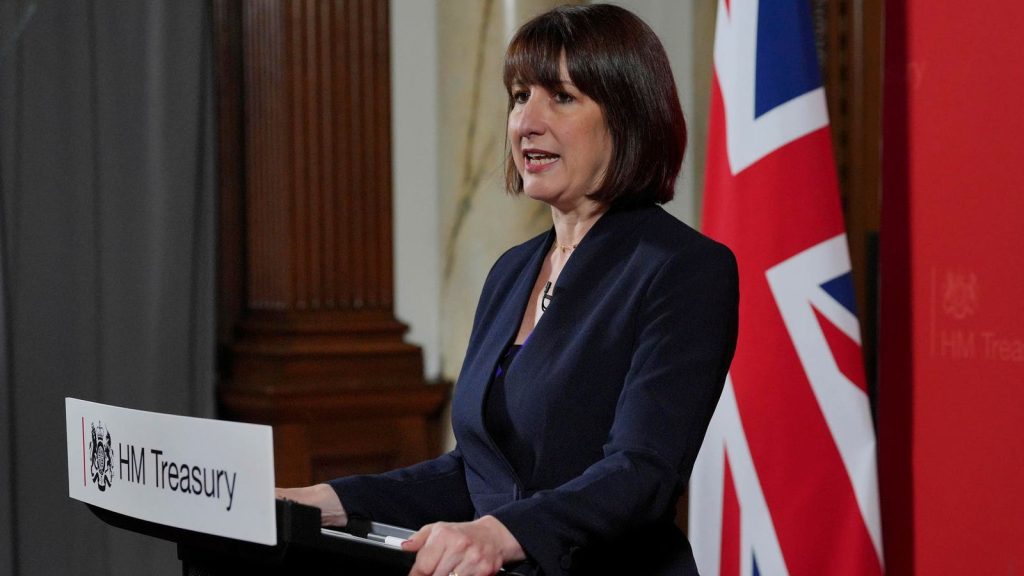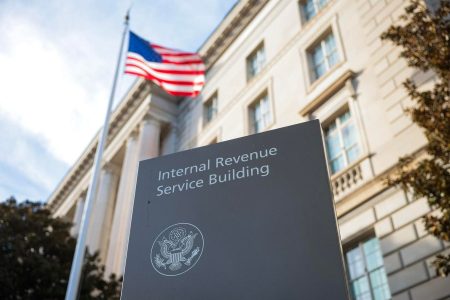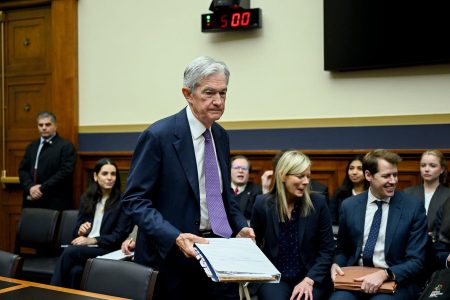The UK’s service sector, a crucial pillar of the national economy, experienced a significant downturn in December 2024, marked by the fastest rate of job cuts in nearly four years. This decline reflects a growing unease within the sector regarding weakening consumer demand and the increasing burden of payroll costs. While the S&P Global Purchasing Managers’ Index (PMI) registered a slight improvement to 51.1 in December, up from 50.8 in November, this marginal expansion of business activity offers little solace, particularly given the prevailing pessimism about future growth prospects. The index remaining above 50 for the fourteenth consecutive month indicates continued growth, but the narrow margin underscores the fragility of the sector’s recovery and the potential for a contraction in the near future.
The subdued performance of the service sector is attributed, in part, to the lingering impact of the recent budget announced by Chancellor Rachel Reeves. The £40 billion in tax hikes, including an increase in National Insurance payroll tax and a higher minimum wage, have dampened business optimism and fueled concerns about the impact on profitability and investment. These concerns are reflected in the S&P Global survey, which revealed a decline in output growth expectations for 2025, reaching a 23-month low. The prevailing uncertainty surrounding the business environment, coupled with rising payroll expenses, has led many businesses to adopt a cautious approach, potentially impacting hiring decisions and investment plans.
The most worrying aspect of the December PMI data is the substantial job shedding within the service sector. A significant 23% of survey respondents reported reducing their headcounts, while only 12% indicated an increase. This disparity represents the steepest pace of job losses in over 15 years, excluding the pandemic period. This trend underscores the severity of the challenges facing the sector and the potential for further job losses in the coming months if consumer demand remains weak and businesses continue to grapple with rising costs. The significant job cuts are a direct consequence of the budget’s impact and raise concerns about the overall health of the UK economy.
The Labour Party’s pre-election promise of making Britain the fastest-growing G7 economy appears increasingly distant in light of the current economic climate. Following a period of robust growth in the first half of 2024, the economy stagnated between July and September. The Bank of England’s projections for the final quarter of the year also paint a bleak picture, anticipating continued stagnation. This economic slowdown, coupled with the significant job losses in the service sector, raises serious questions about the government’s ability to deliver on its ambitious growth targets. The stark contrast between the pre-election economic performance and the post-election slowdown further intensifies the pressure on the government to address the current economic challenges.
The Chancellor’s justification for the substantial tax increases centers on the discovery of a £22 billion “black hole” in the public finances after the election. While this fiscal challenge necessitates difficult decisions, business leaders have consistently voiced their concerns about the potential negative consequences of these tax hikes on growth and employment. The government’s insistence on implementing these measures despite the widespread apprehension underscores the complex balancing act between fiscal responsibility and economic stimulation. The debate over the efficacy of these tax increases and their long-term impact on the economy is likely to continue, especially as businesses grapple with the immediate consequences.
The broader business community shares the concerns expressed by the service sector. A separate survey conducted by the British Chamber of Commerce revealed a significant decline in business confidence, reaching its lowest point since the aftermath of the 2022 mini-budget crisis that led to the resignation of then-Prime Minister Liz Truss. The survey highlighted widespread anxiety among businesses regarding the impact of the new tax regime, with nearly two-thirds of respondents expressing concerns. Moreover, more than half of the businesses surveyed anticipate raising prices in the coming months, potentially exacerbating inflationary pressures and further dampening consumer spending. This confluence of factors paints a worrisome picture for the UK economy, with the potential for a prolonged period of slow growth and rising unemployment. The government faces the difficult task of navigating these challenges while simultaneously addressing the fiscal imbalances and restoring business confidence.










